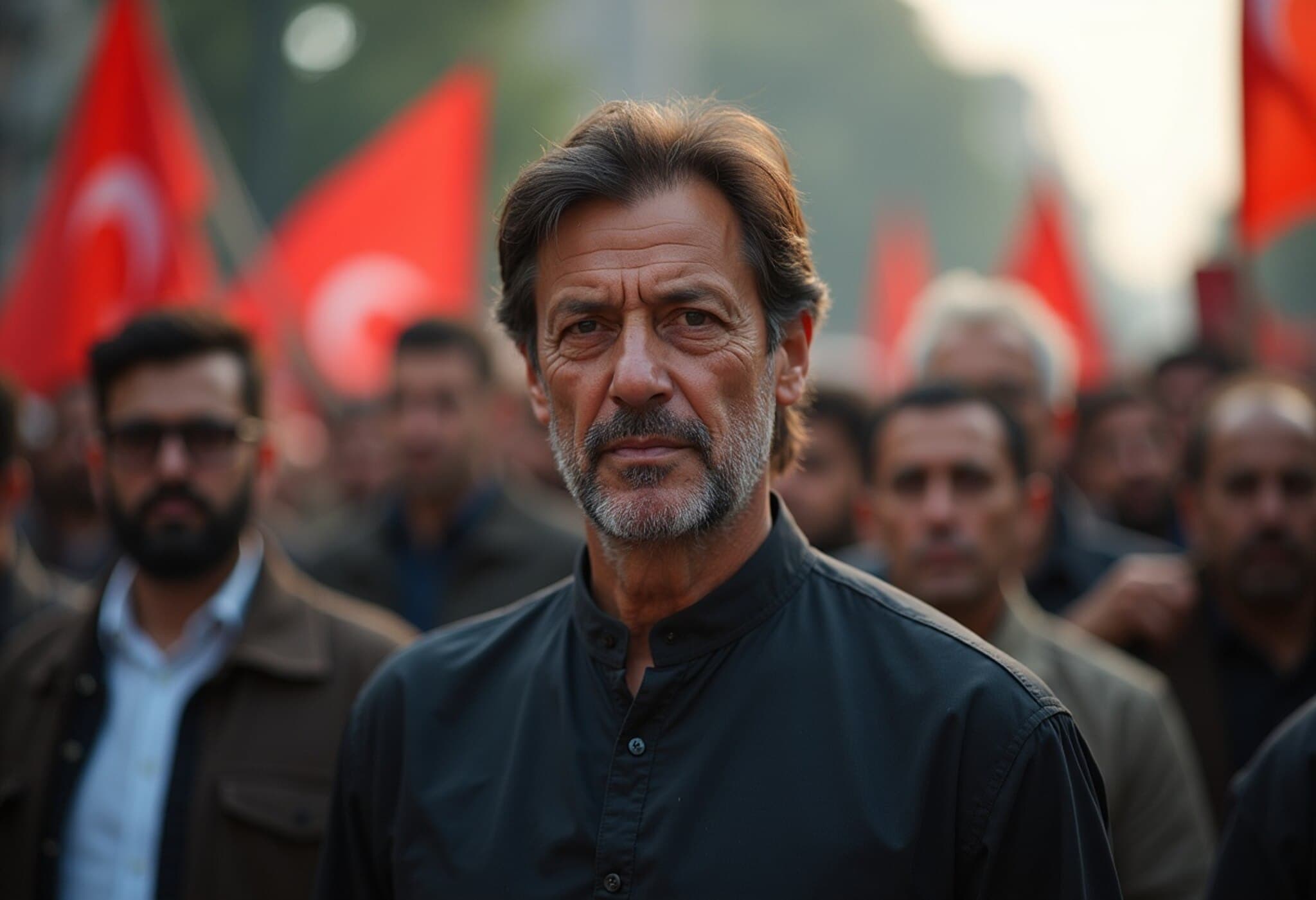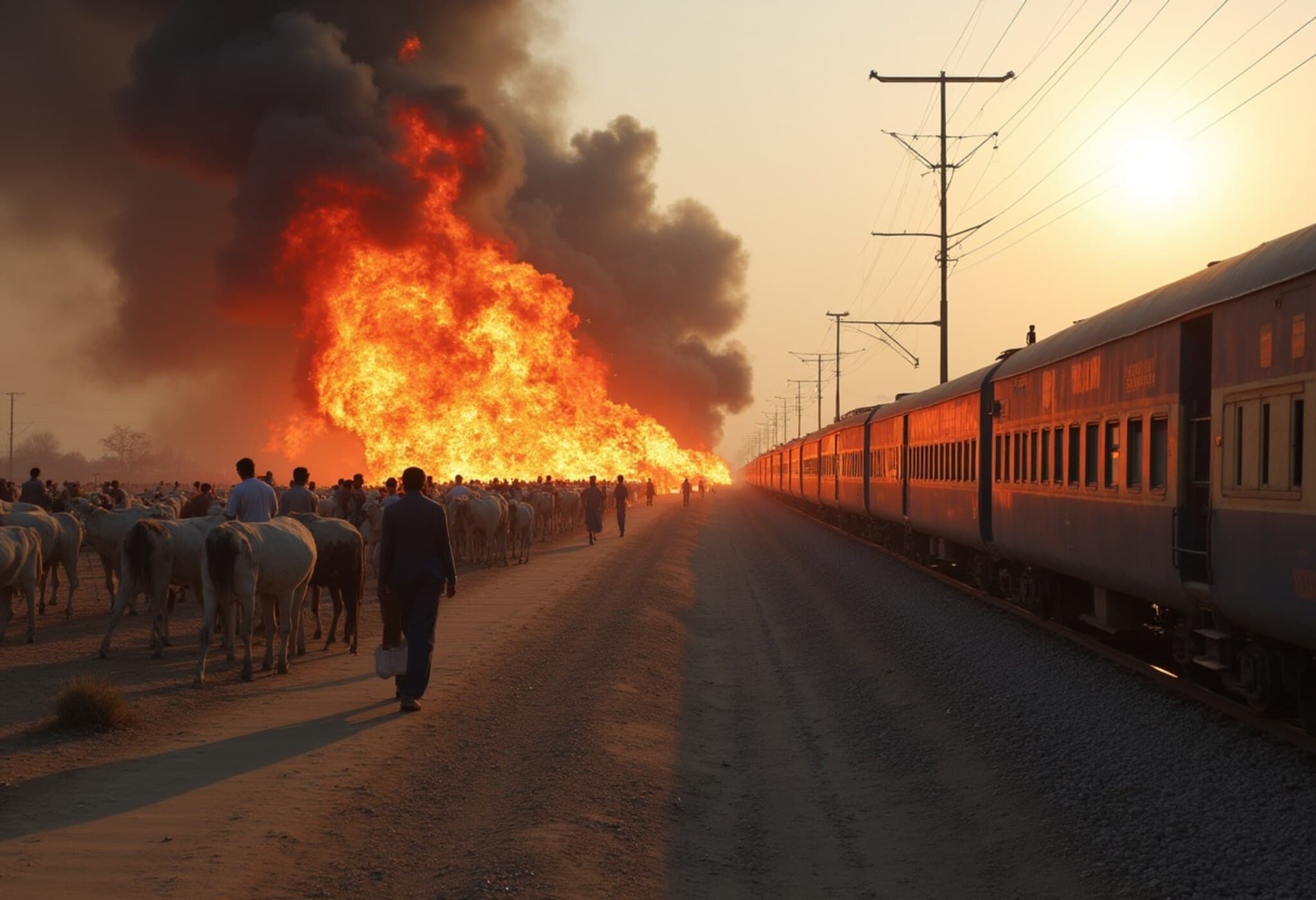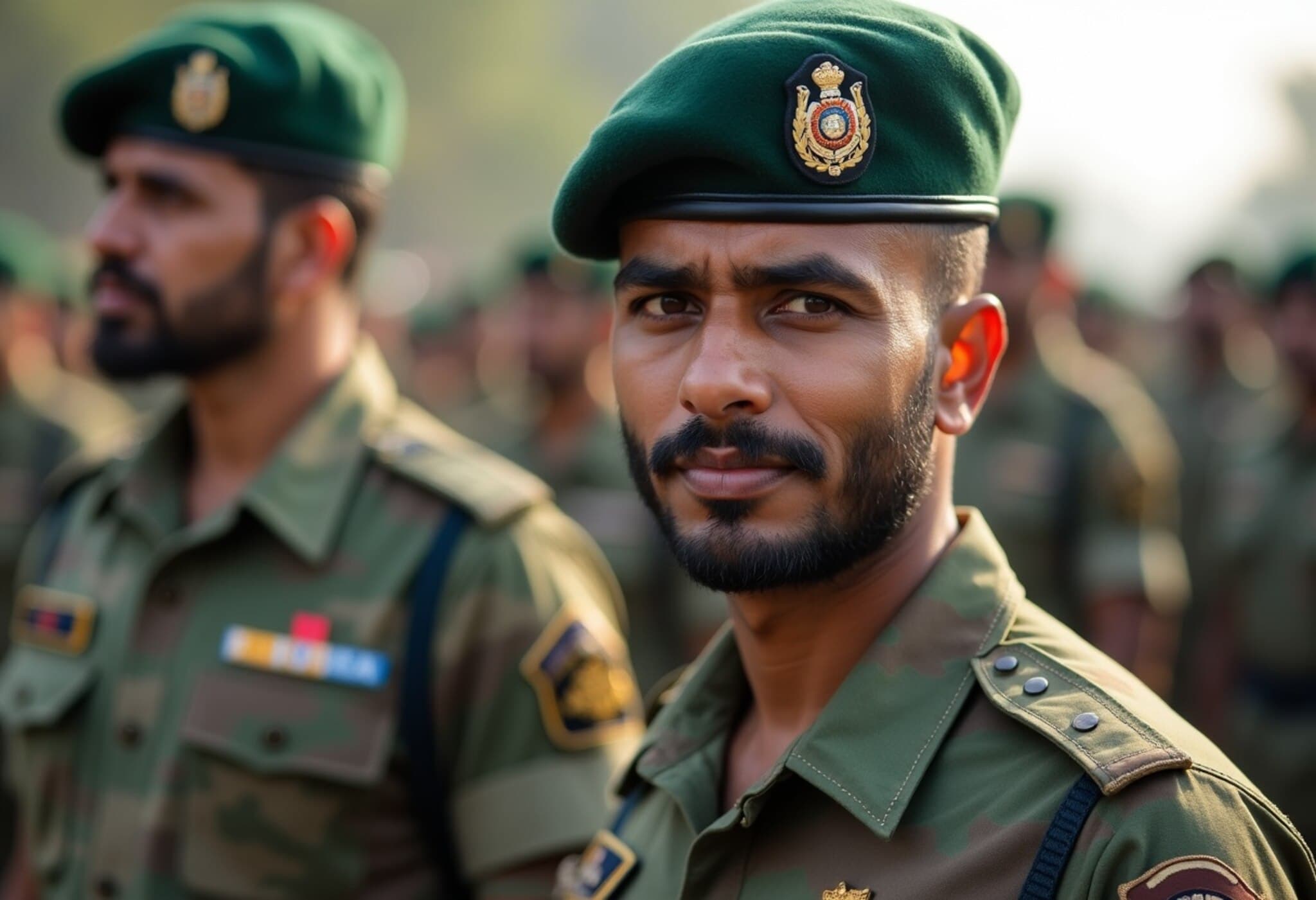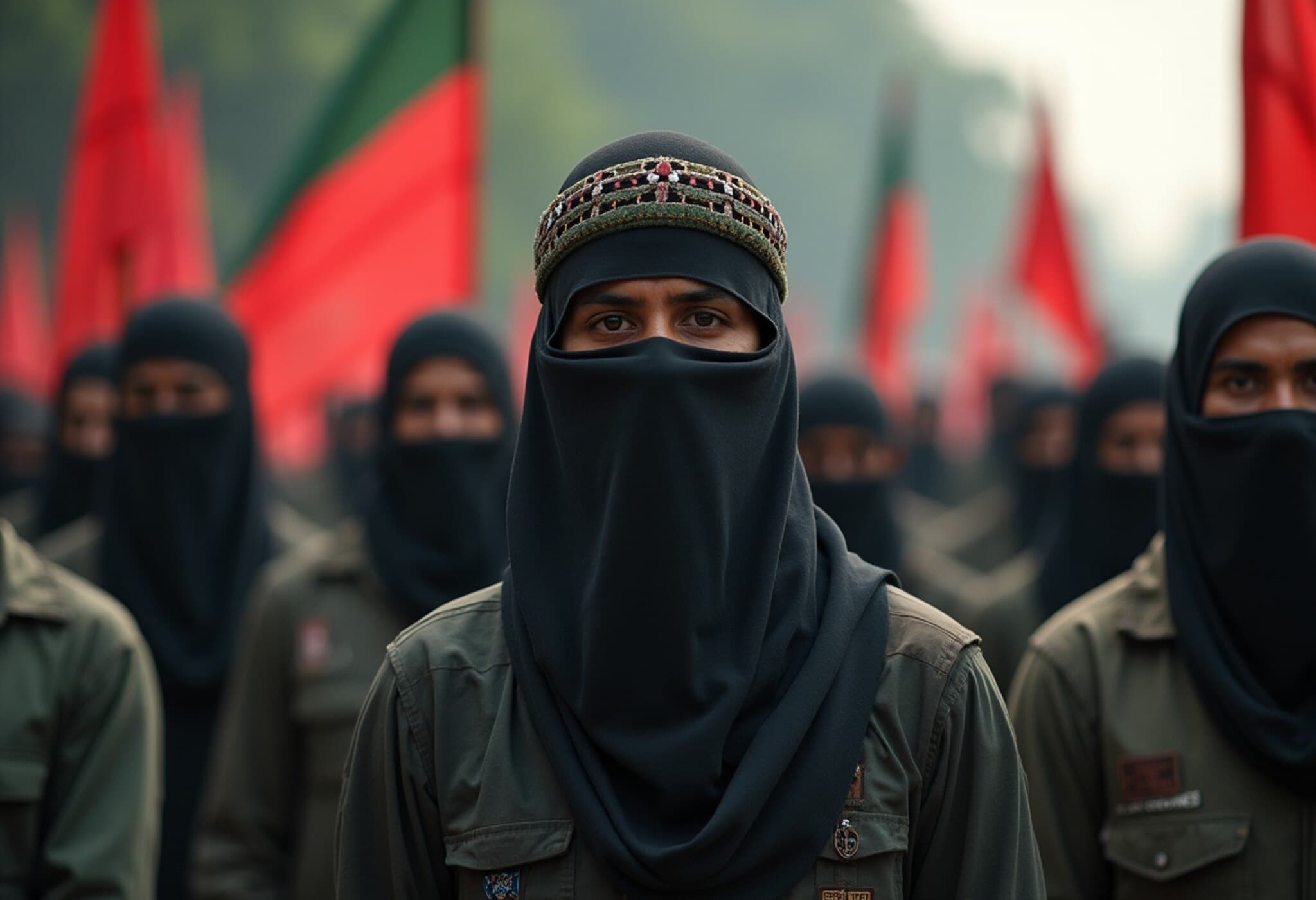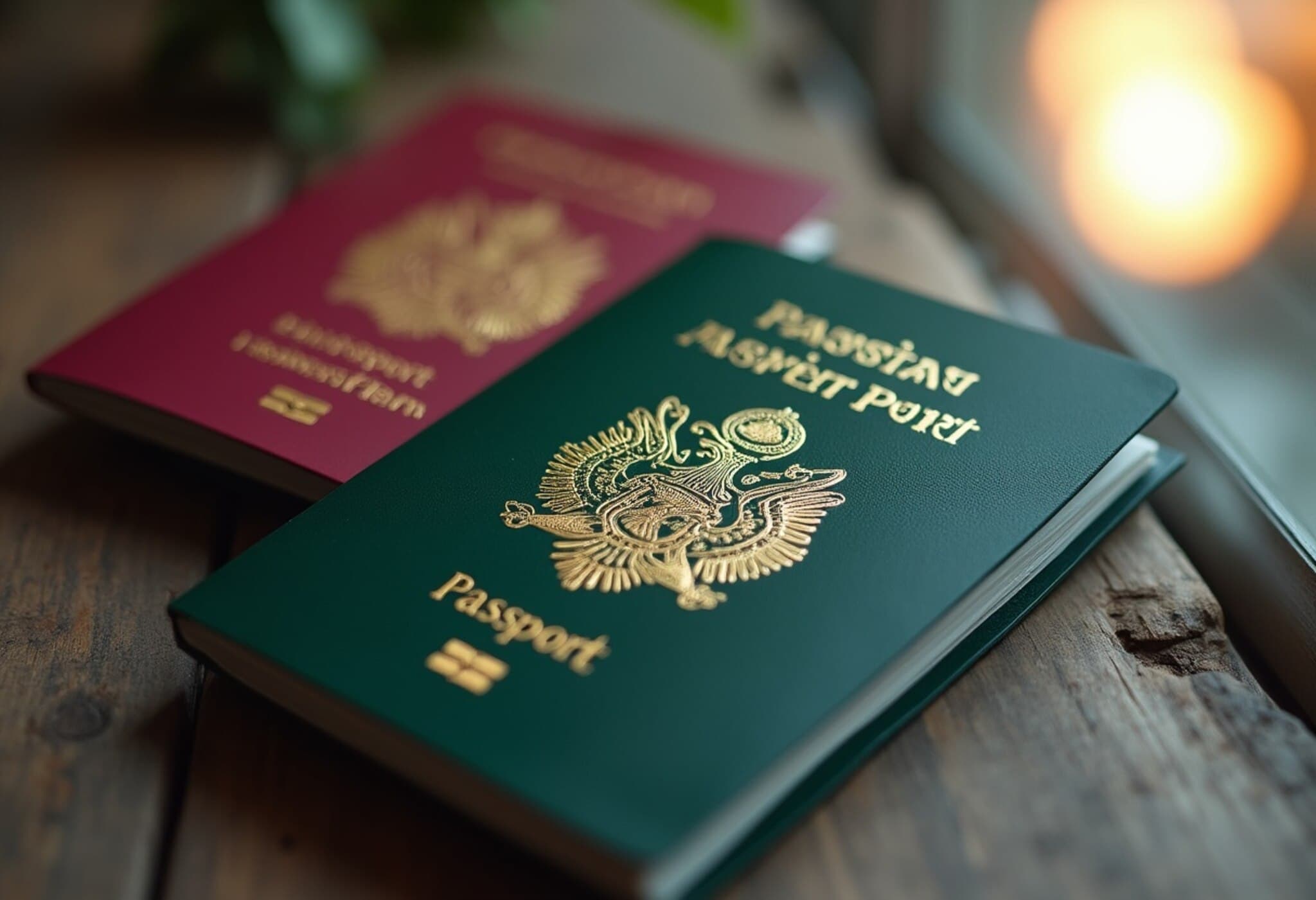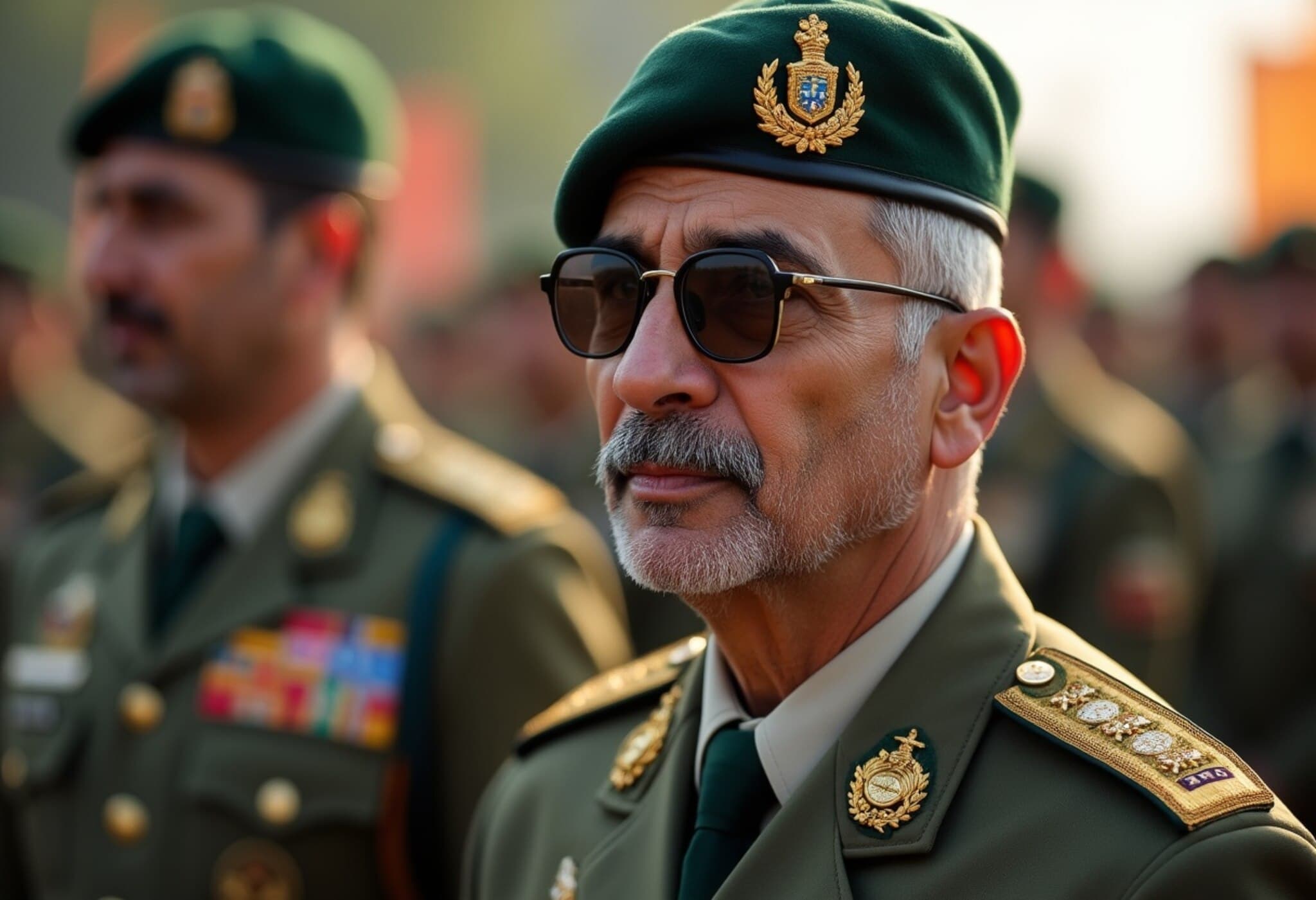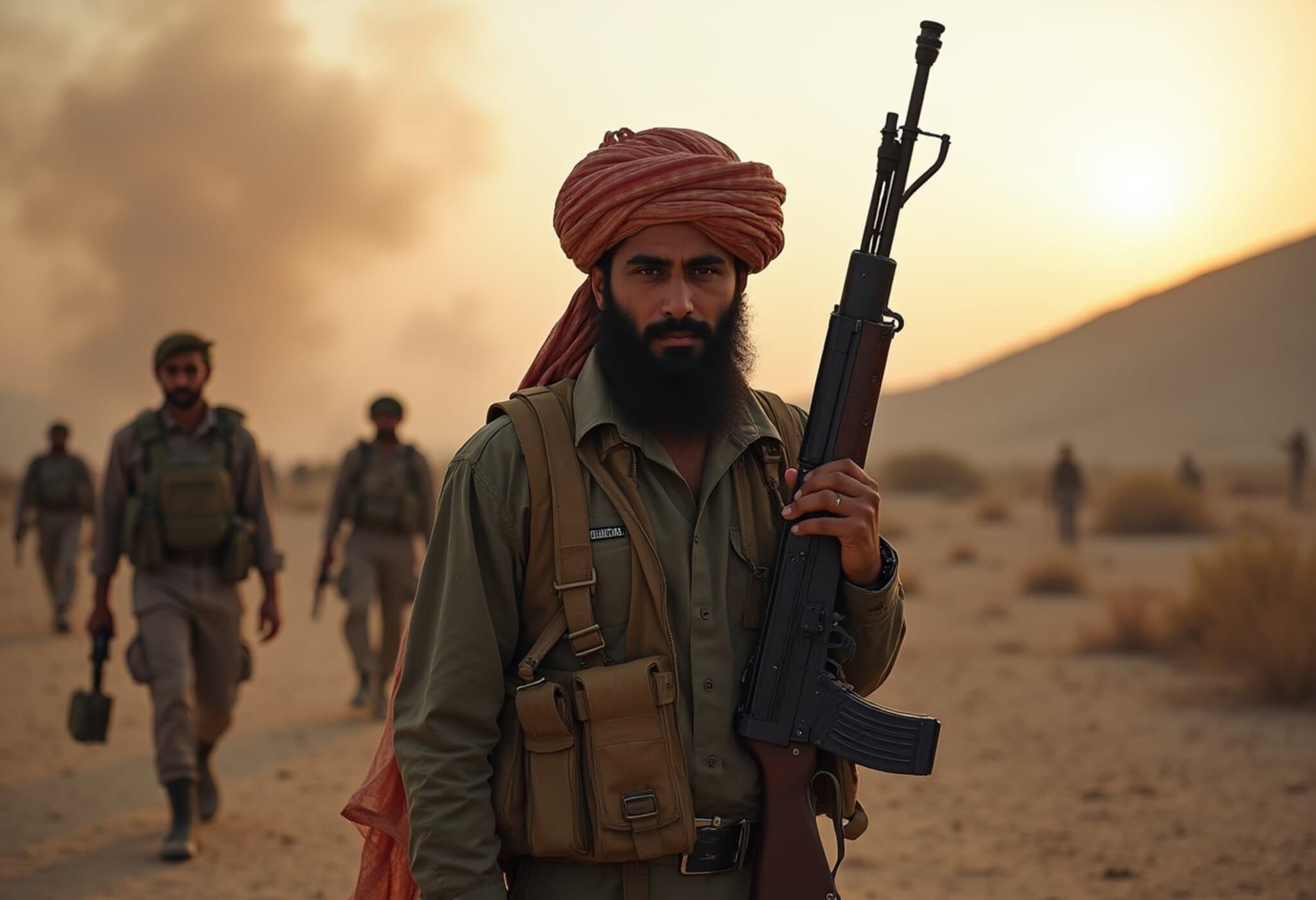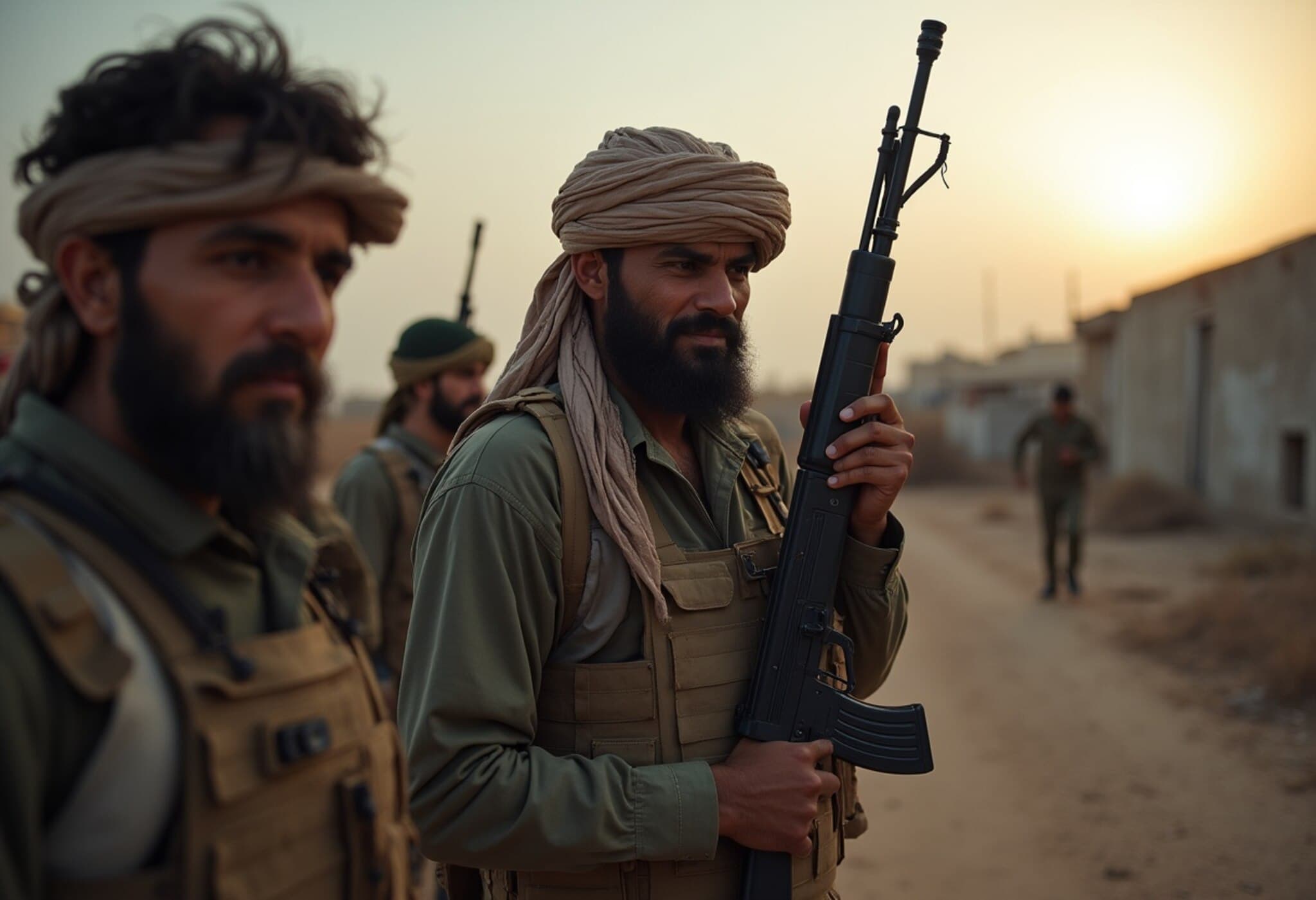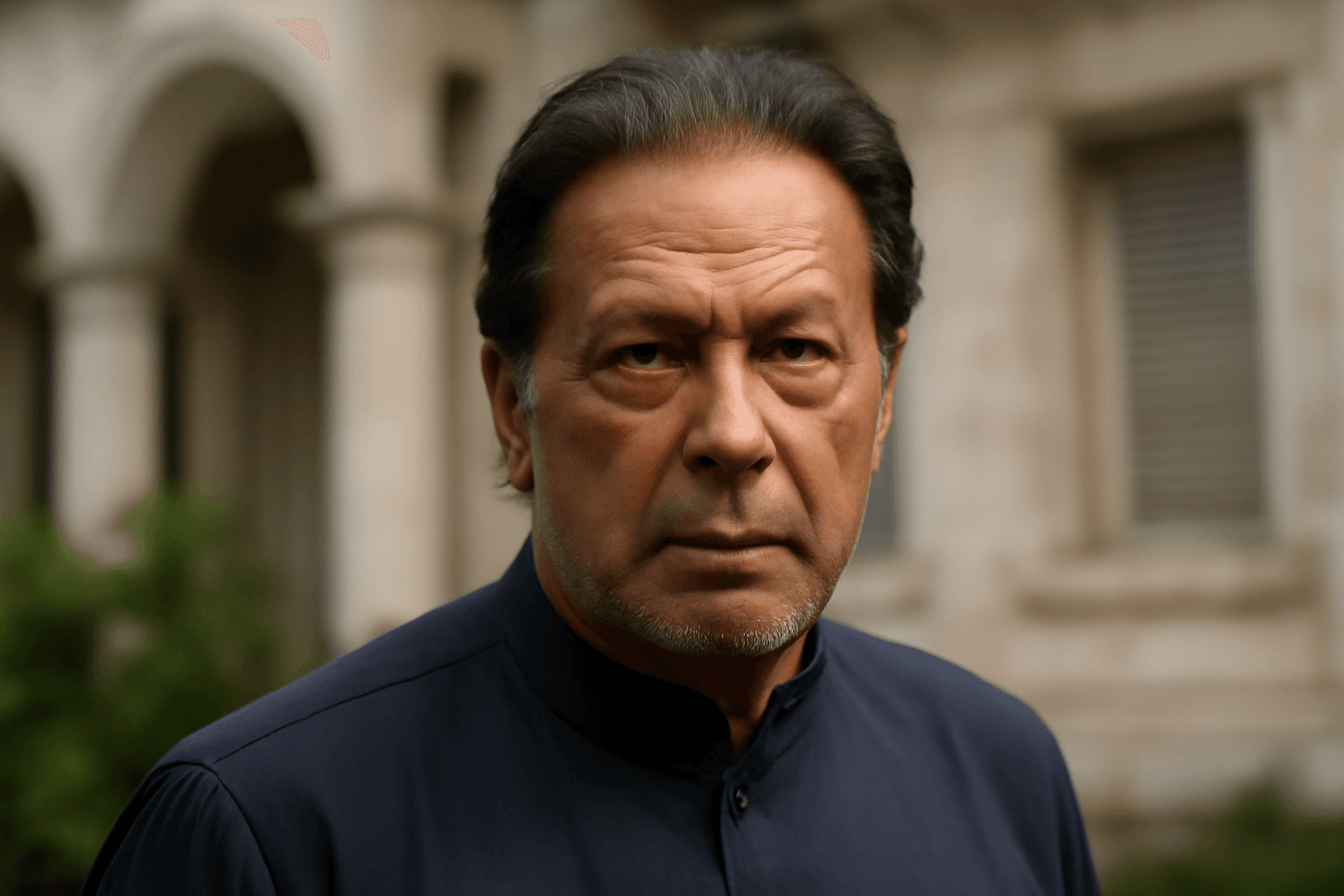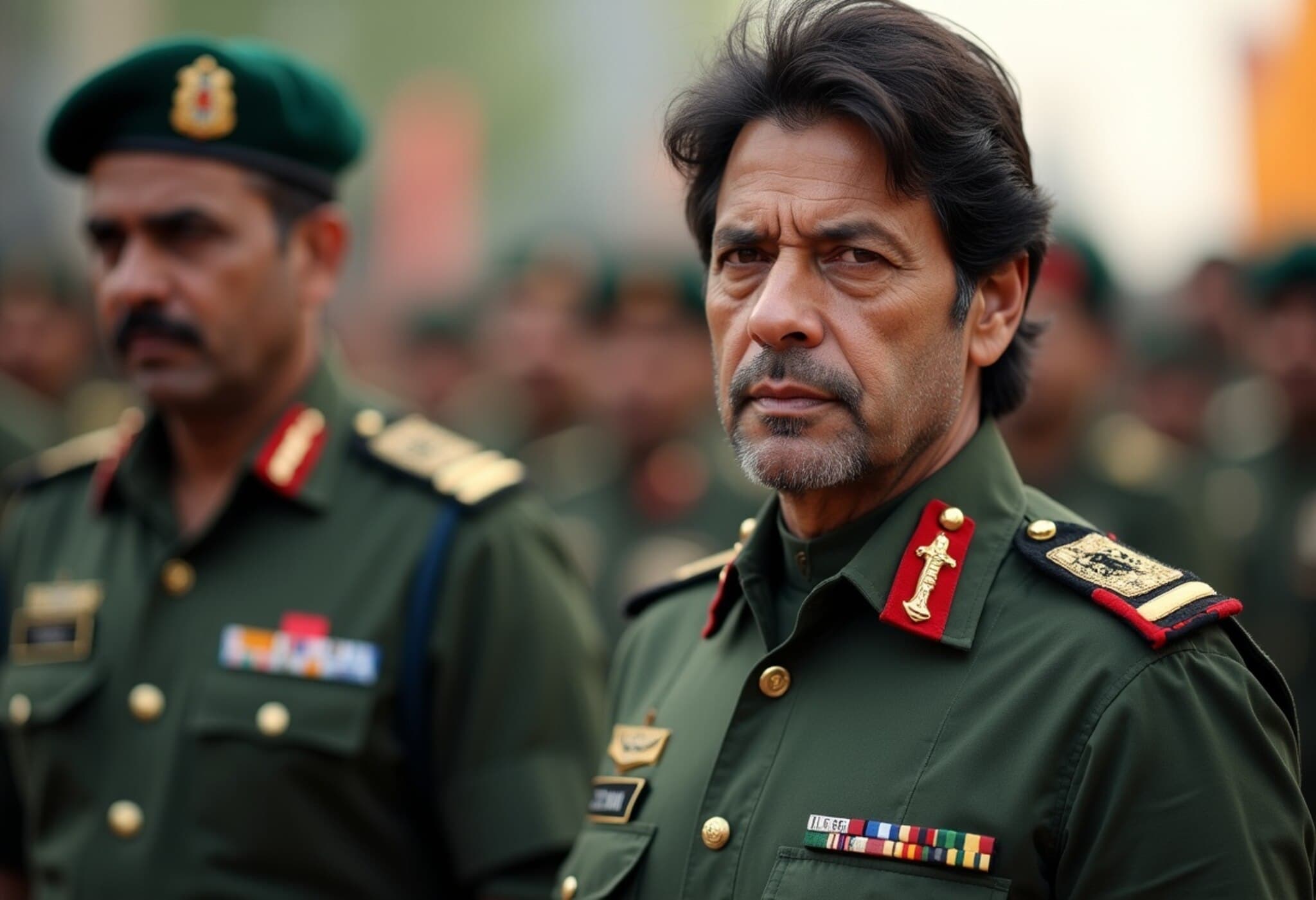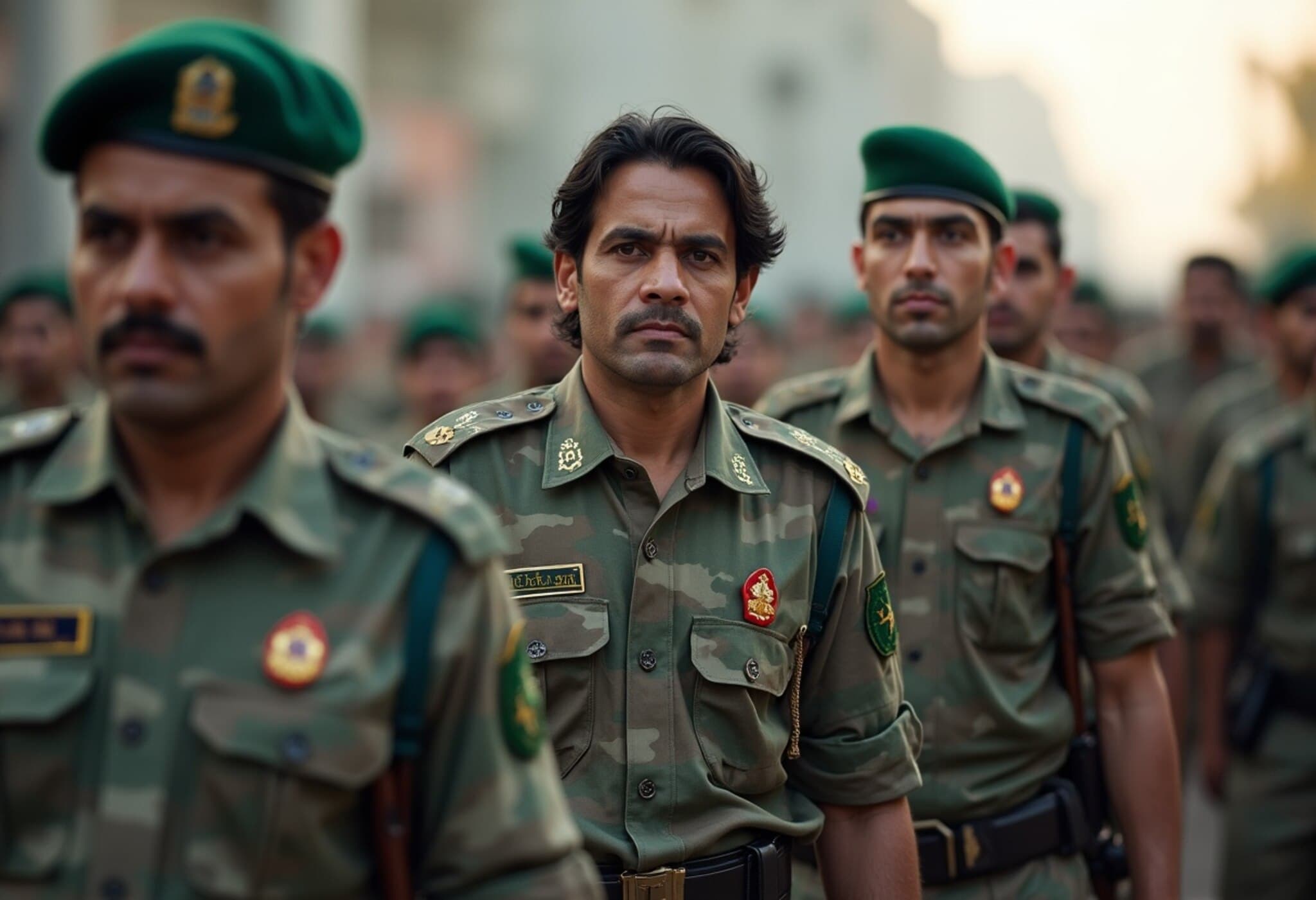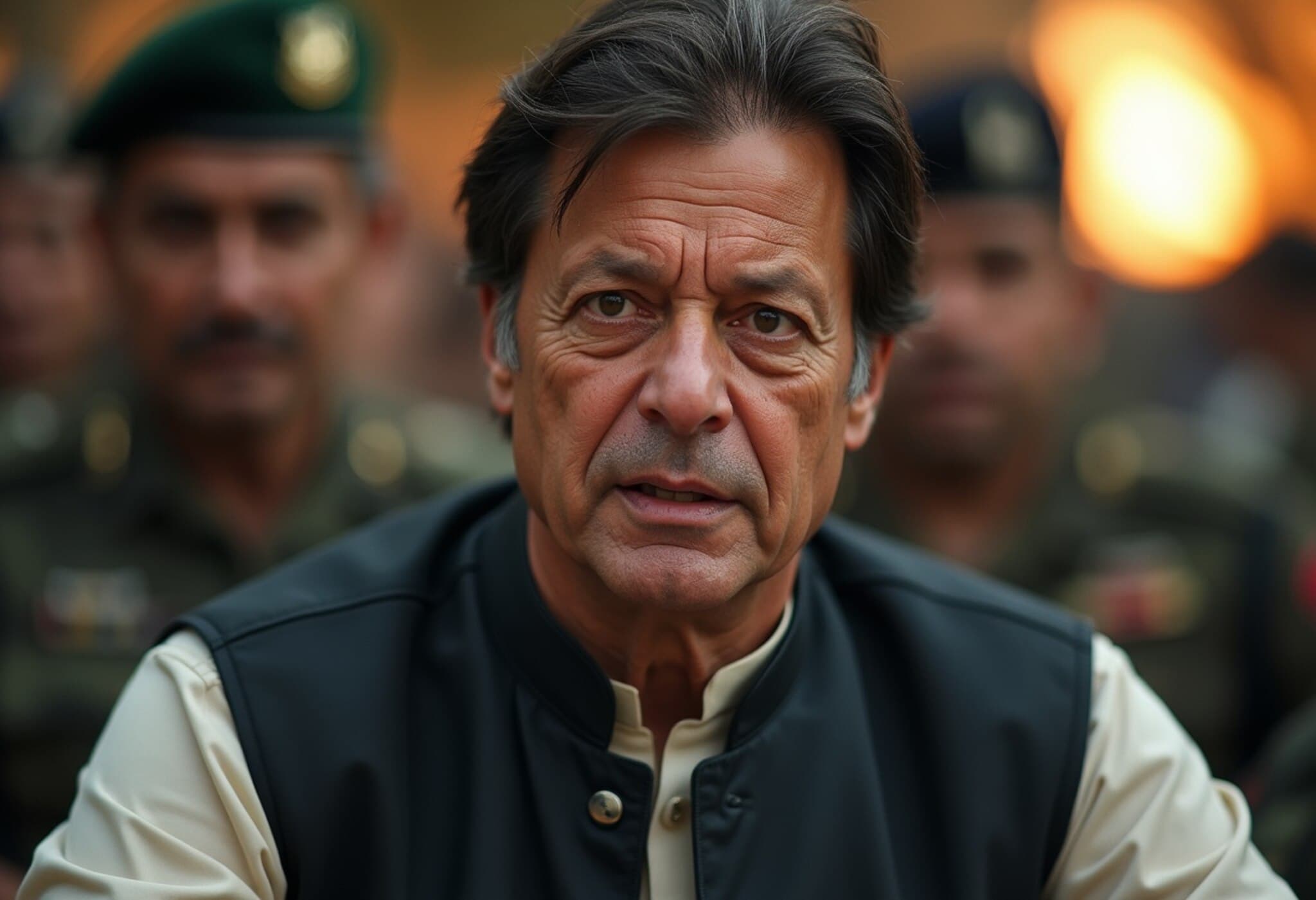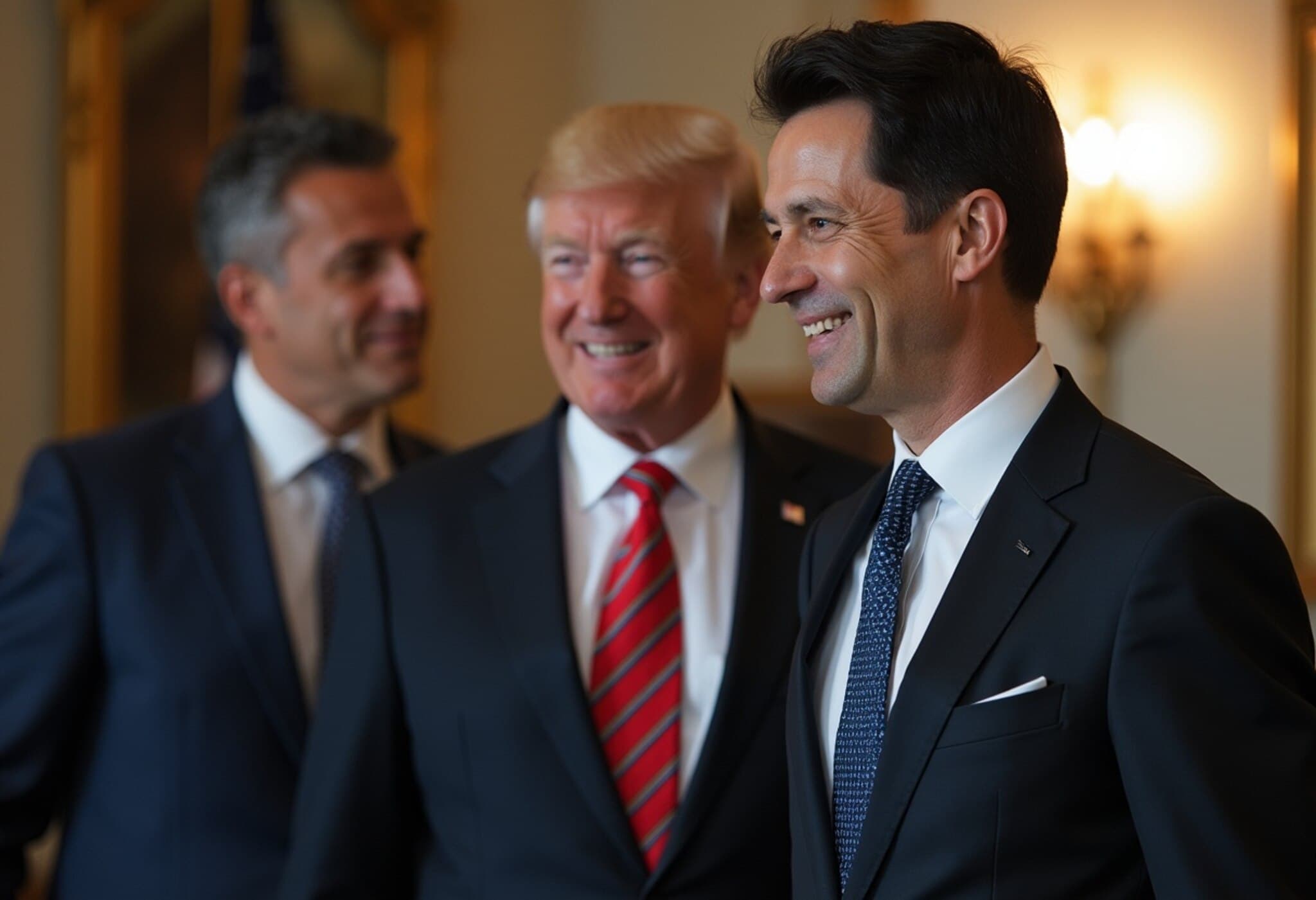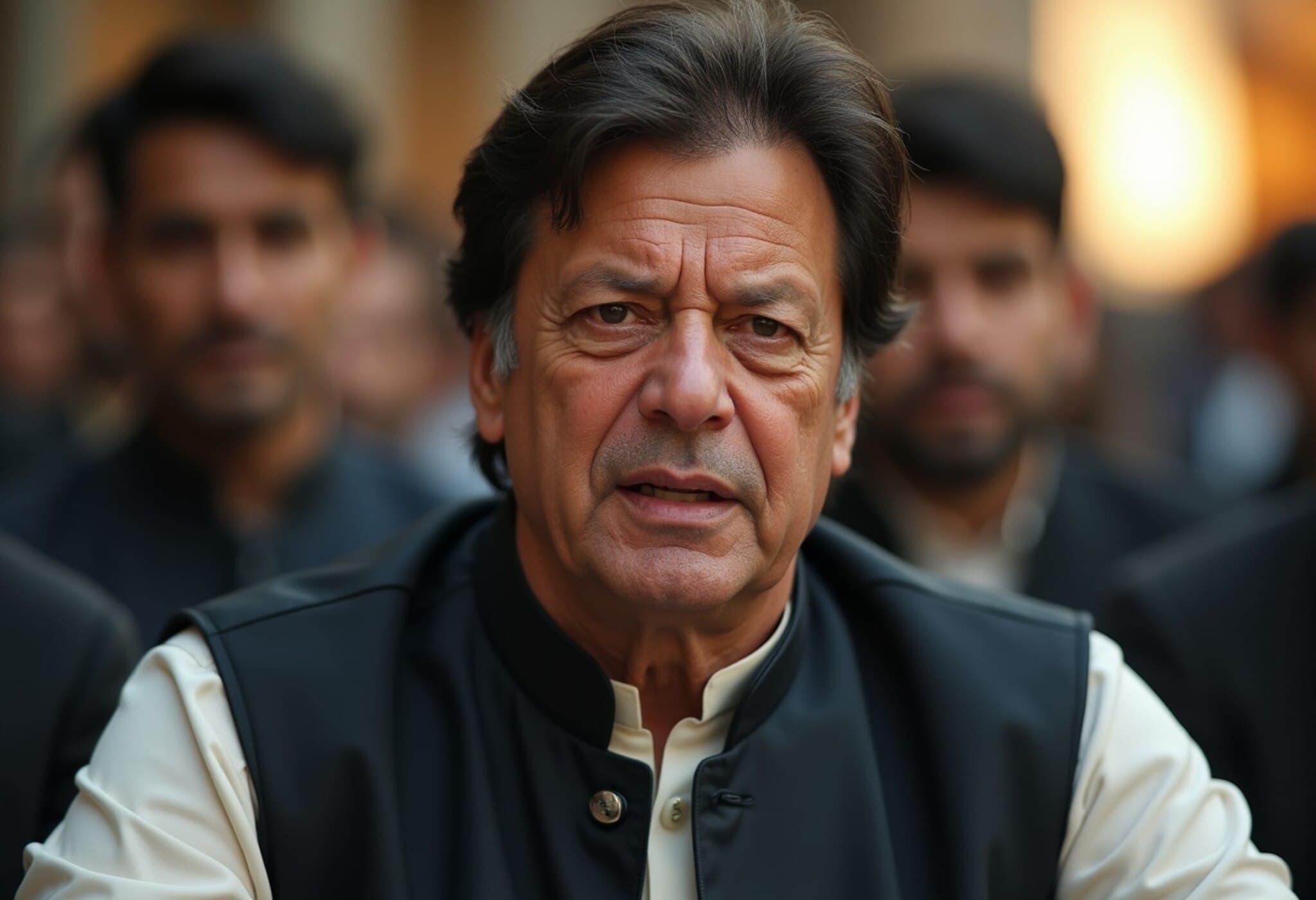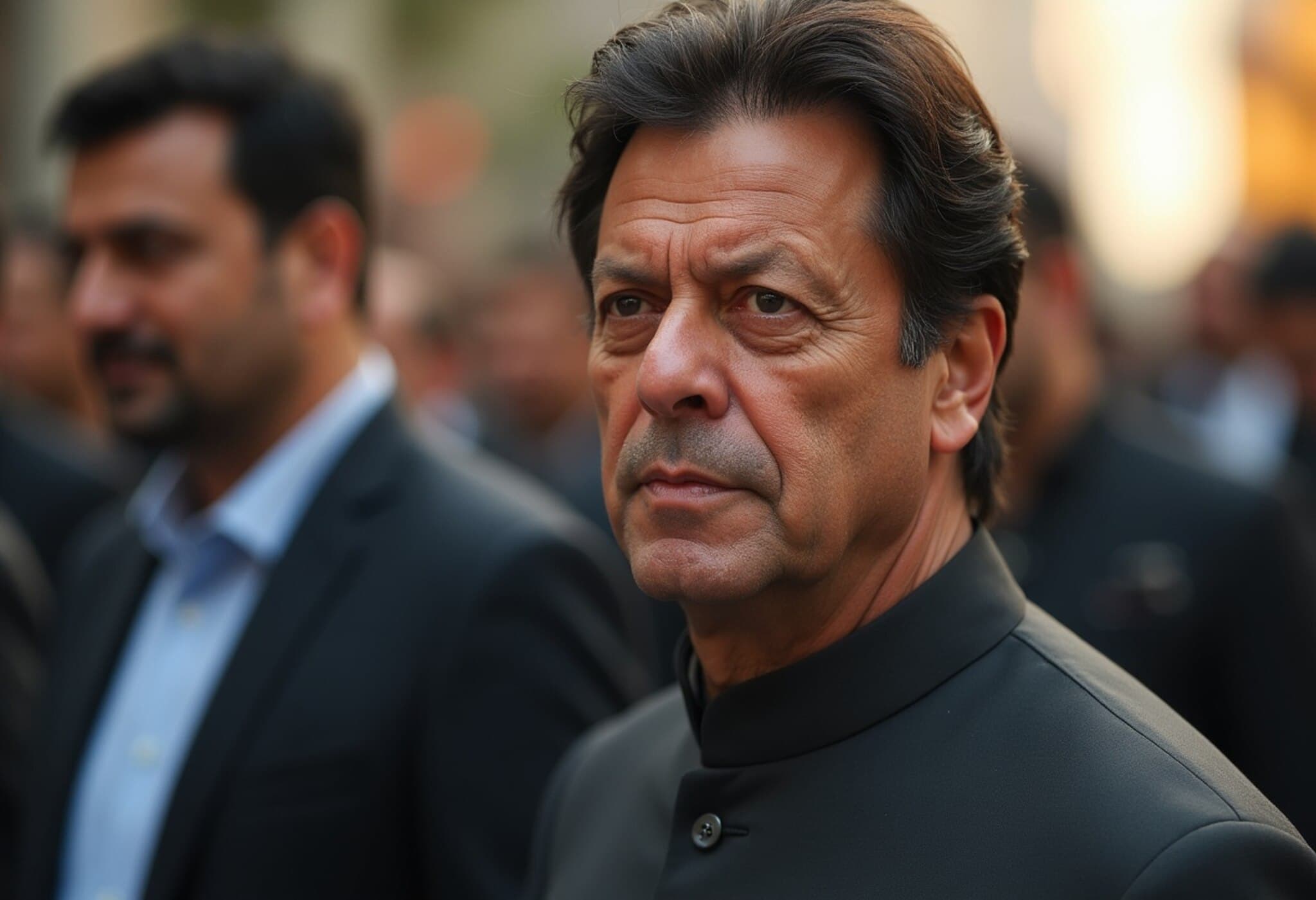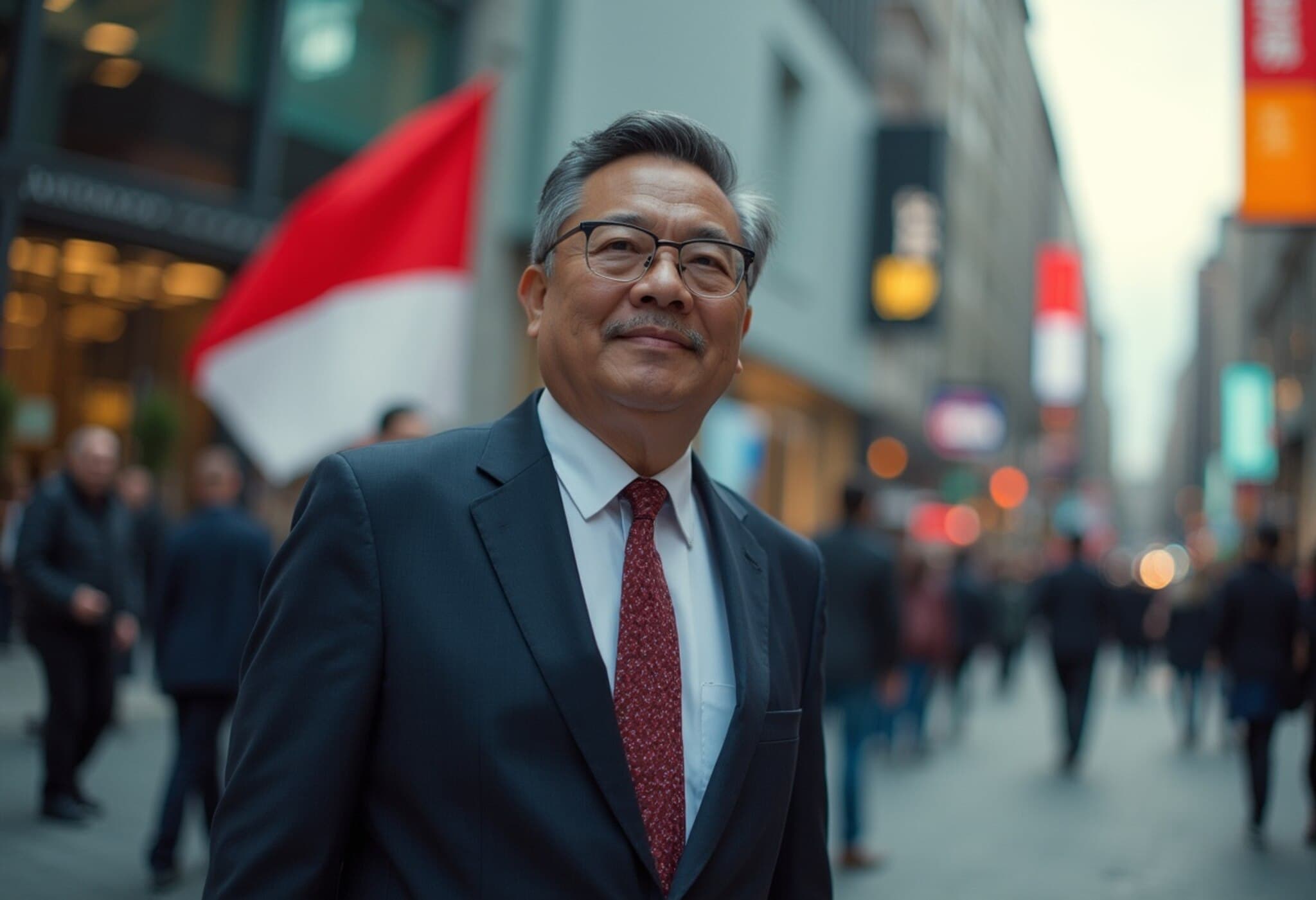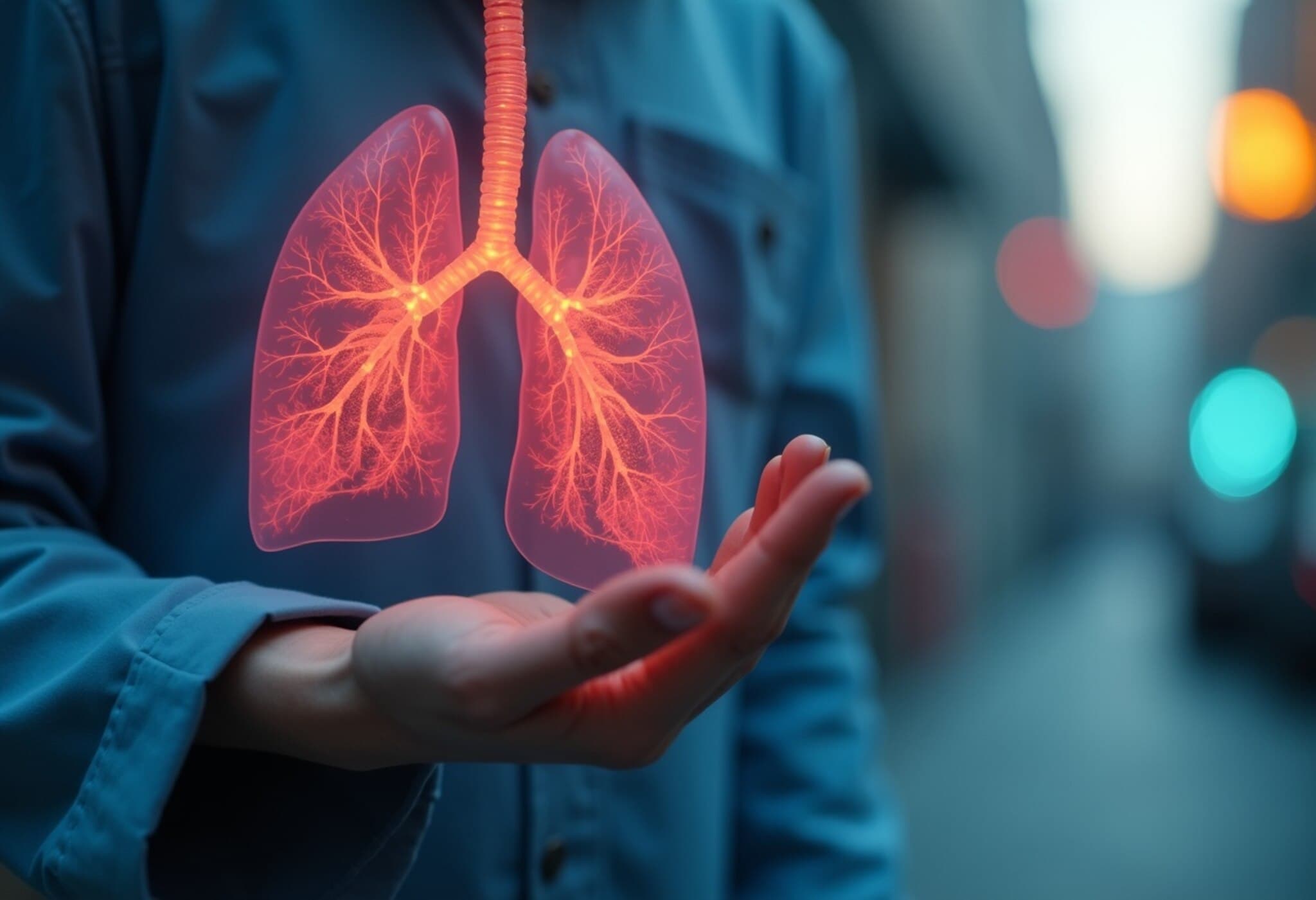Imran Khan Eyes Nationwide Protest as Political Tensions Escalate in Pakistan
As Pakistan grapples with ongoing political turmoil, former Prime Minister Imran Khan is mobilizing a massive nationwide protest, signaling a dramatic escalation in his fight against the Shehbaz Sharif-led government. This move comes as Khan marks two years of imprisonment, serving a 14-year sentence in a high-profile corruption case.
Breaking the Silence: No Room Left for Dialogue
The announcement was delivered by Gohar Ali Khan, Chief of Pakistan Tehreek-e-Insaf (PTI), following a rare meeting with Imran Khan inside the high-security Adiala Jail. Previously denied access multiple times, Gohar Ali Khan met the jailed leader months ago and returned with a resolute message: "The time for negotiations has passed." Khan expressed deep disillusionment over recent political developments, particularly the controversial 26th Constitutional Amendment, which he believes has extinguished any hope for judicial fairness.
“No other method can bring the Pakistani nation out of this swamp of lawlessness except a nationwide protest movement,” Khan emphasized on his social media platform X (formerly Twitter).
August 5 – The Crucial Turning Point
The protest campaign is set to build momentum until its apex on August 5, coinciding with the second anniversary of Imran Khan’s incarceration on multiple charges. This sustained agitation aims to galvanize ordinary citizens by framing the movement not merely as political retribution but as a broader struggle for stolen democratic rights.
- PTI leaders describe the movement as a "Second Pakistan Movement," invoking nationalistic sentiments.
- Protests will emphasize peaceful yet fearless demonstrations to expose perceived injustices.
- The leadership stresses unity and grassroots mobilization in urban and rural areas alike.
Inside Adiala Jail: Resilience in Confinement
Despite harsh conditions—reports suggest Imran Khan is held in solitary confinement—the former prime minister remains mentally sharp and steadfast. PTI officials portray him as a symbol of resilience, actively inspiring supporters to "prepare, mobilize, and raise your voice peacefully but fearlessly."
Reflecting the familial support behind the movement, Aleema Khan, Imran’s sister, spoke publicly about the family's commitment to the protests. Meanwhile, Khan's sons, Qasim and Suleiman, plan to travel to the United States to raise international awareness about their father’s situation, though the precise timing relative to the August 5 protests remains uncertain.
Expert Perspective: Political Implications and Regional Stability
From an expert standpoint, this protest signals a deepening political fracture within Pakistan’s governance framework. The refusal to engage in dialogue coupled with calls for massive civil mobilization heightens the risk of prolonged instability. In a country with a history of military involvement in politics and fragile democratic norms, the situation demands careful observation.
US policymakers and regional analysts are closely monitoring the unfolding events, considering how these protests might influence Pakistan’s strategic partnerships and economic recovery, especially given ongoing challenges such as inflation and external debt pressures.
Looking Ahead: The Crossroads for Pakistan's Democracy
As the August 5 protests approach, Pakistan stands at a political crossroads. Will peaceful protests evolve into a renewed campaign for democratic reforms, or will further repression deepen societal divisions? This impending movement forces stakeholders—from government officials and civil society to international observers—to grapple with the urgent need for inclusivity, justice, and stability in one of South Asia’s pivotal nations.
Key Questions Remain:
- Can the Pakistani judiciary restore public confidence amid controversial legislative amendments?
- What role will the military play as political tensions heighten?
- How will international actors respond to potential escalations in civil unrest?
Editor’s Note:
Imran Khan’s call for a nationwide protest transcends mere political rivalry—it resonates deeply with many Pakistanis facing grievances around governance, justice, and representation. As the nation braces for August 5, the unfolding developments prompt us to ask: How can Pakistan’s democracy reconcile sharp divisions and pave a path toward peaceful resolution? This moment is not just about one leader’s fate but about the very future of democratic norms in a volatile region.

